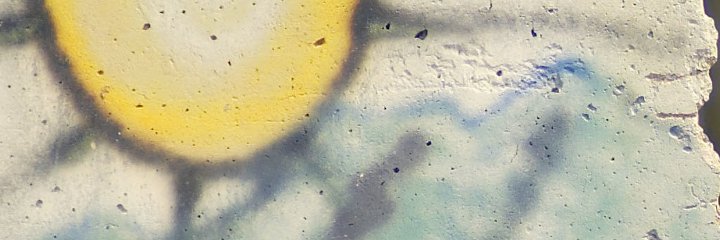
Affirmation
上德不德是以有德 Most people do the right thing and keep it to themselves. 下德不失德是以無德 Some people can't do anything without letting us know.
上德無為而無以為 Most people do nothing when it's the right thing to do. 下德為之而有以為 Some people need a reason to do the right thing.
上仁為之而無以為 上義為之而有以為 But when kindness does something, it does so for nothing, and when duty does something, it has a good reason.
上禮為之而莫之應 則攘臂而扔之 So when my cause is righteous and people aren't woke, I lose something important when I start making threats and promise the moon.
故失道而後德 I'm lost and I'm not doing the right thing. 失德而後仁 I lack character and I'm not being kind. 失仁而後義 I lack compassion and I'm not being responsible. 失義而後禮 I lack dignity and I'm not righteous at all.
夫禮者忠信之薄而亂之首 前識者道之華而愚之始 是以大丈夫 處其厚不居其薄 處其實不居其華 When the righteous have a legitimate grievance but justify violence, when a prophet dreams of glory but leads us to ruin, that's when moral authority lies in gratitude, not grievance, in fact, not fiction.
Notes
The more I look at the Laozi, and Daoist poetry in general, the more optimistic and upbeat it seems, the more rational and practical.
In the 上下 sayings, I take 不德 as not moralizing, and 無以為 and 有以為 are something like has no reason to do and has a reason to do. 之 is the something that does (or doesn't) need to get done.
The poem riffs on 仁, 義 and 禮, three of the five Confucian virtues (德). All of these terms have fairly standard interpretations in English that I've mostly just ignored. Rectify me as you like.
德 is character. It's doing the right thing, and it flows directly from moral principle (道), the important something that we lose and lack (失) when we start making threats (攘臂) and promises (扔).
義 is decency. It's the dignity and respect that come from being responsible, from being kind (仁), and from doing the right thing (德).
The righteous (夫禮者), legitimate (忠信) their grievance (薄) yet violent (亂) their means (首). The prophet (前識者), principled (道) their tradition (華) yet stupid (愚) their means (始 in Wangbi, 首 in Guodian).
In contrast, wise elders (大丈夫) reject (去) cynical, destructive solutions (薄) and welcome (取) healthy, positive ones (厚), just as they reject utopian fantasy (華) and welcome fact-based common sense (實).